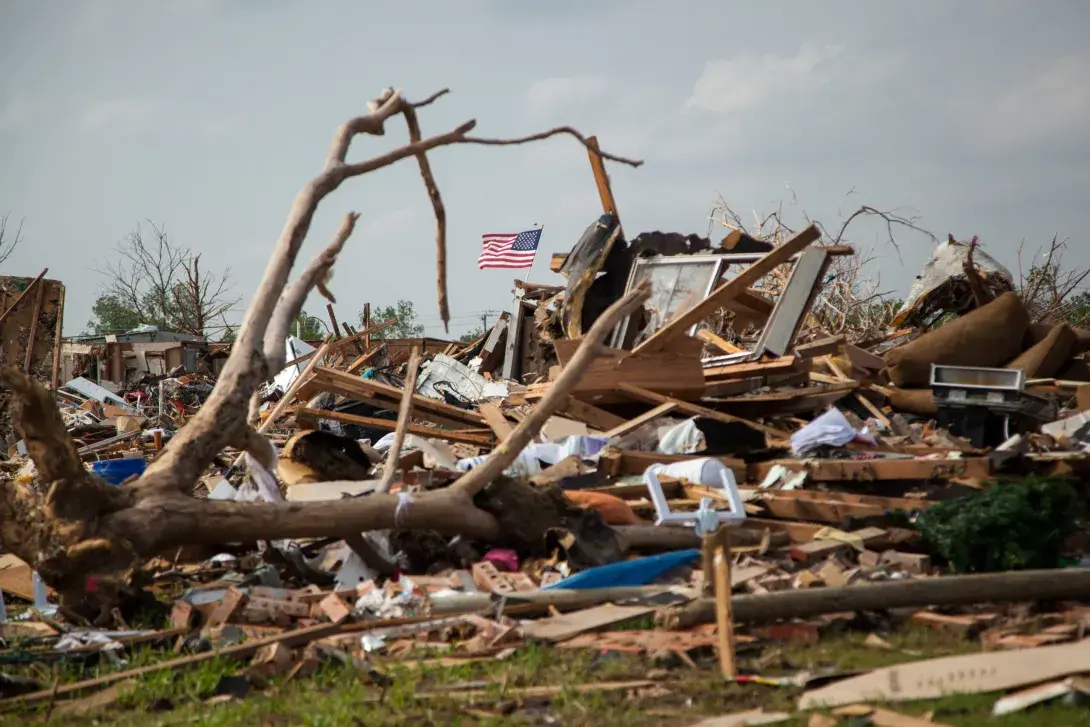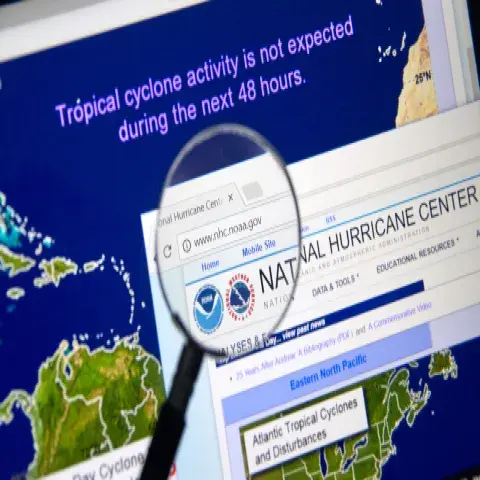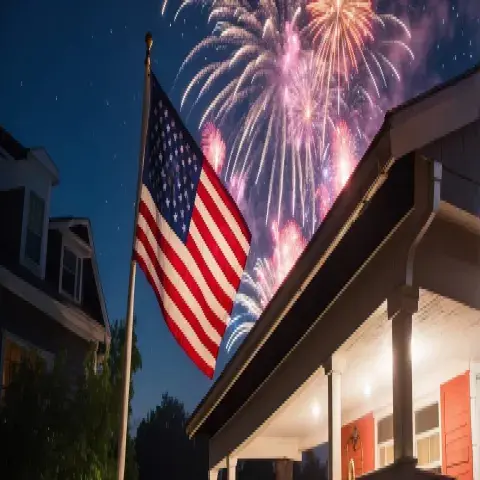Natural disasters like hurricanes and tornados can be devastating, causing significant damage to homes and infrastructure and disrupting communities. Unfortunately, scammers often take advantage of vulnerable individuals and commit fraud during these events. Here are some top tips to help you avoid scams after a natural disaster:
- Be prepared: The best way to avoid scams after a natural disaster is to be prepared before it happens. Make sure you have insurance coverage and understand your policy, create an emergency plan for your family, and have important documents in a safe, easily accessible location.
- Verify charities before donating: Before donating to a charity in the aftermath of a natural disaster, verify that the charity is legitimate by checking with organizations like Charity Navigator or the Better Business Bureau.
- Be cautious with assignment of benefits forms: Read every document thoroughly and understand what you are signing. Contractors or vendors may pressure you to sign an assignment of benefits form after a natural disaster.
- Verify the identity of those representing your insurance company: If a vendor claims to represent your insurance company or adjuster, verify their identity before agreeing to any services. Contact your representative immediately to ensure that the vendor is legitimate.
- Do not trust contractors who promise insurance coverage: Some contractors may pressure you to sign a contract that promises repair coverage through your insurance policy. Contact your claim representative immediately if a contractor makes this promise.
- Be cautious of contractors offering to absorb your deductible: Some contractors may promise to absorb or waive the cost of your deductible. Be cautious of contractors making this promise and always verify their legitimacy of the company before agreeing to any services.
- Be wary of unsolicited offers: Scammers may go door-to-door after a natural disaster, offering to do repairs or cleanup work at a discount. Be skeptical of these offers, and research contractors before agreeing to any services. Check for licensing and insurance and get written estimates from multiple contractors before making a decision.
- Do not share personal information: Scammers may ask for personal information like Social Security numbers or bank account information. Legitimate organizations will not ask for this information over the phone or through email, so be cautious when sharing personal information and only do so with trusted sources.
- Watch out for phishing scams: Scammers may send emails or text messages that appear to be from legitimate sources but are actually phishing scams. Always verify the source of any message before clicking on links or providing information.
- Contact the Division of Consumer Services: If you or someone you know becomes a victim of a contractor scam, contact the state Division of Consumer Services. They can assist you in reporting the scam and taking legal action if necessary.
By following these tips, you can protect yourself and your family from scams after a natural disaster. For more information and resources, check out:
- Federal Communications Commission (FCC) – After the Storms: Watch Out for Scams
- Federal Emergency Management Agency (FEMA) – 5 Ways to Recognize Fraud and Scams
- Federal Trade Commission (FTC) – Tips to Help You Avoid Post-Disaster Scams
Click here for more storm and hurricane tips.



